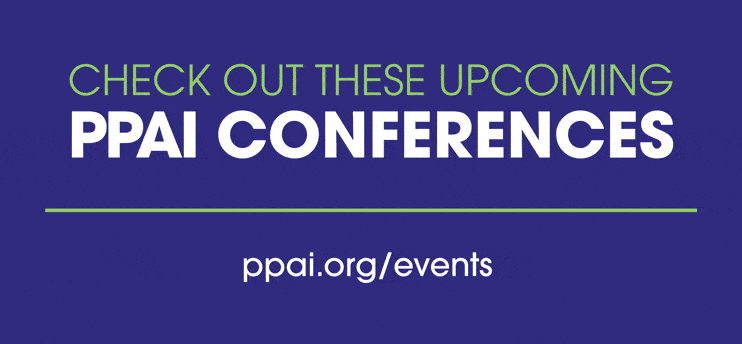A credo is a statement of personal belief. In a world of competing perspectives, we each represent something distinct that is born from our values and communicated through our actions. If we’re not careful, the push and pull of others’ opinions and divergent motives can impede our ability to listen to the voice inside. Over time, our decisions can drift away from what we believe. By writing a personal credo, we’re forced to clarify our beliefs in the context of our lives.
A credo externalizes our innermost thoughts in a way that readily translates to the types of decisions we face every day. This crystallized representation of our principles acts as a compass in our noisy world, helping us align our actions with our beliefs. A leader’s credo, therefore, should address three essential categories of values-based decision making: balancing priorities, overcoming adversity and inspiring others, as we explain in this issue of Promotional Consultant Today.
Balancing priorities. Leadership is often the hard work of balancing priorities. This imperfect process is one of the most human business experiences that exists. On one hand, leaders balance their own goals and desires with the best interests of the organization, placing business needs above oneself and one’s team, until the moment when ethics are at risk. This fine line of moral-based decision-making is as crucial as anything a leader will face, and it often arrives without warning.
Another critical balancing act occurs when internal competition challenges a sense of workplace fairness. Once again, no guide or list of rules can encompass every instance of workplace injustice, and each instance is highly relevant for at least one employee.
Then there’s the balance between helping an employee and enabling, the balance between promoting camaraderie and individual growth, and the balance of challenging someone without harming their confidence. In each case, the leader weighs a manager’s detailed knowledge of others’ abilities with the long-term growth and leadership needs of the organization. It is simply impossible to excel at every decision, which is the lesson of humility in leadership.
Overcoming adversity. How do we respond when things do not go our way? Can we face a significant loss and return to pursue progress with joy, or do we become cynical? Cynicism and bitterness are signals of a sinking ship; one that enterprising and productive friends and employees will eventually abandon.
Overcoming adversity is the single greatest test of leadership. In truth, winning is easy. Success breeds happiness, which attracts others and creates a virtuous cycle of productive engagement. Adversity enters and throws everything into question. That uncertainty is almost as lethal for a leader as bitterness, and the only way to reduce uncertainty is to accelerate our response to adversity.
Every leader should cultivate an intimate and productive relationship with adversity. We cannot wait for the test of failure to decide how we handle disappointment. When things do not go our way, we have to channel that energy into something powerful and positive—quickly.
Inspiring others. Two fundamental values guide a leader’s approach to working with others: gratitude and generosity. After all, the way we treat ourselves and others comes largely from within. No groundbreaking business book or strong corporate culture defines our commitment to helping others like the power of our guiding principles.
Leadership is about giving more than taking. We acquire things intentionally, through hard work and determination. However, leaders give much more readily and unconsciously than they seek to gain, without measuring or seeking acknowledgement. Giving is inherent in leading because it demonstrates empathy and respect for others. Giving also demonstrates gratitude for a leader’s most sacred reward: the trust of those they lead.
The spirit of a leader is always striving to grow beyond today’s capabilities. Balancing priorities, overcoming adversity and inspiring others are three indispensable traits of strong leaders that derive from personal values. To find our way in the sea of noise around us, we must learn to listen intently to the voice inside. We must seek solutions to external problems by looking inside ourselves. After all, our legacy should be defined by contributions that make us proud.
Source: Kellie Cummings is a management consultant, entrepreneur and innovator with more than 18 years of experience in marketing, business communication and business operations. She specializes in practices that foster empathy and fortify trust during times of change.


